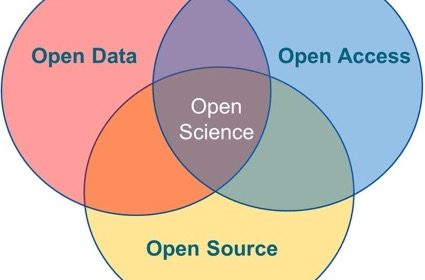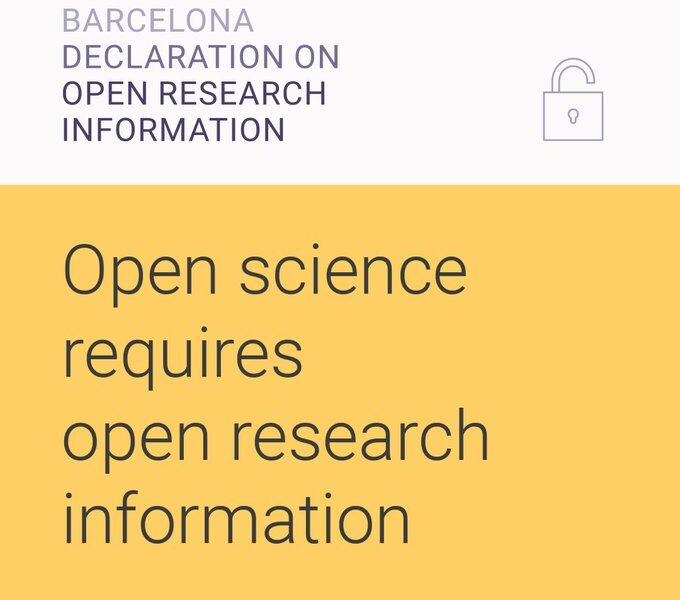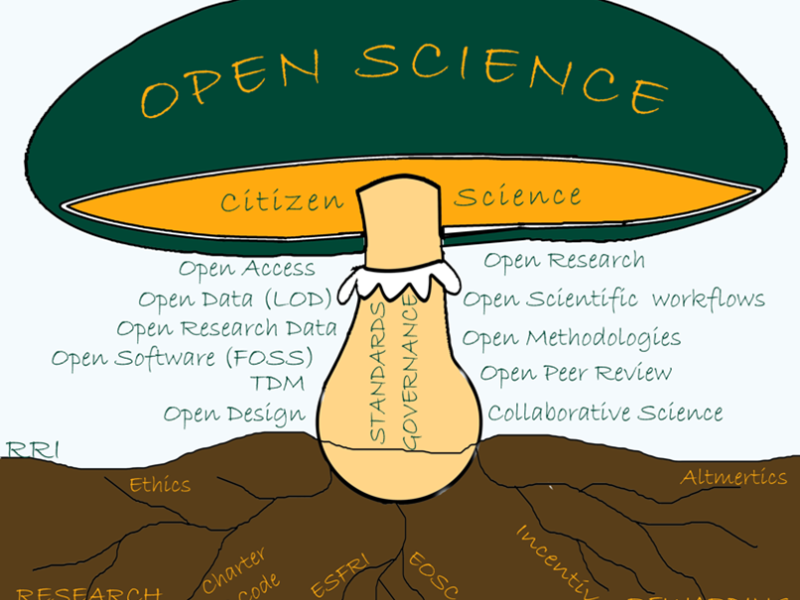
Unlocking Knowledge for All: Best Ways to Spread Open Science
Unlocking Knowledge for All: Best Ways to Spread Open Science https://opusproject.eu/wp-content/uploads/2023/05/open-science-425x280-1.jpg 425 280 Open and Universal Science (OPUS) Project Open and Universal Science (OPUS) Project https://opusproject.eu/wp-content/uploads/2023/05/open-science-425x280-1.jpgIn today’s rapidly evolving world, the accessibility and democratization of knowledge have become crucial. Open science, a movement aimed at making scientific research and data freely available to all, holds the potential to accelerate innovation, foster collaboration, and address global challenges. However, for open science to thrive, it must be widely adopted and embraced by researchers, institutions, and the general public. In this article, we will explore some of the best ways to spread open science and promote its principles and practices.
- Cultivate a Culture of Openness: One of the fundamental aspects of spreading open science is to foster a culture that values and promotes openness. This can be achieved by encouraging researchers to share their work openly through institutional policies that support open access publishing and data sharing. Institutions and research organizations should prioritize the recognition and rewards for open science practices, such as publishing in open access journals or depositing data in open repositories. By incentivizing openness, we can create an environment where researchers are motivated to embrace open science principles.
- Educate and Train Researchers: Promoting open science requires equipping researchers with the necessary skills and knowledge. Institutions should offer training programs and workshops on open science practices, including data management, reproducibility, and open access publishing. Providing resources and support to researchers, such as guidelines for data sharing and open licensing, can help them navigate the complexities of open science. Additionally, integrating open science principles into graduate and postgraduate education can foster a new generation of researchers who are well-versed in open practices.
- Embrace Open Access Publishing: Open access publishing allows research articles to be freely accessible to anyone, eliminating the barriers posed by traditional subscription-based journals. Researchers should be encouraged to publish their work in reputable open access journals or deposit preprints in open repositories. Institutions can play a significant role by supporting researchers in covering article processing charges (APCs) associated with open access publishing. Moreover, policymakers can introduce mandates that require publicly funded research to be published in open access journals, ensuring broader accessibility to scientific knowledge.
- Foster Collaborative Research: Open science encourages collaboration and knowledge sharing among researchers. Institutions and funding agencies can facilitate collaborative research by creating platforms that connect researchers with similar interests. These platforms can include online communities, collaborative tools, and data repositories, enabling researchers to share data, collaborate on projects, and collectively tackle complex scientific challenges. Additionally, fostering interdisciplinary collaborations can further enrich open science initiatives and promote the exchange of ideas across different fields of research.
- Engage the Public and Policy Makers: Spreading open science involves engaging not only the scientific community but also the wider public and policymakers. Researchers should actively communicate their findings in accessible language through public lectures, science festivals, and social media. Open science initiatives can leverage platforms like citizen science, where the public can participate in scientific research and contribute to data collection and analysis. Additionally, advocating for policies that support open science, such as promoting open access publishing and data sharing, can create a supportive environment for the movement to flourish.
Conclusion: Open science holds immense potential for advancing scientific knowledge and addressing global challenges. By cultivating a culture of openness, educating and training researchers, embracing open access publishing, fostering collaborative research, and engaging the public and policymakers, we can effectively spread the principles and practices of open science. By working together to unlock the knowledge we generate, we can accelerate scientific progress, empower researchers, and create a more inclusive and equitable world where knowledge is accessible to all.
- Posted In:
- Open Science News




